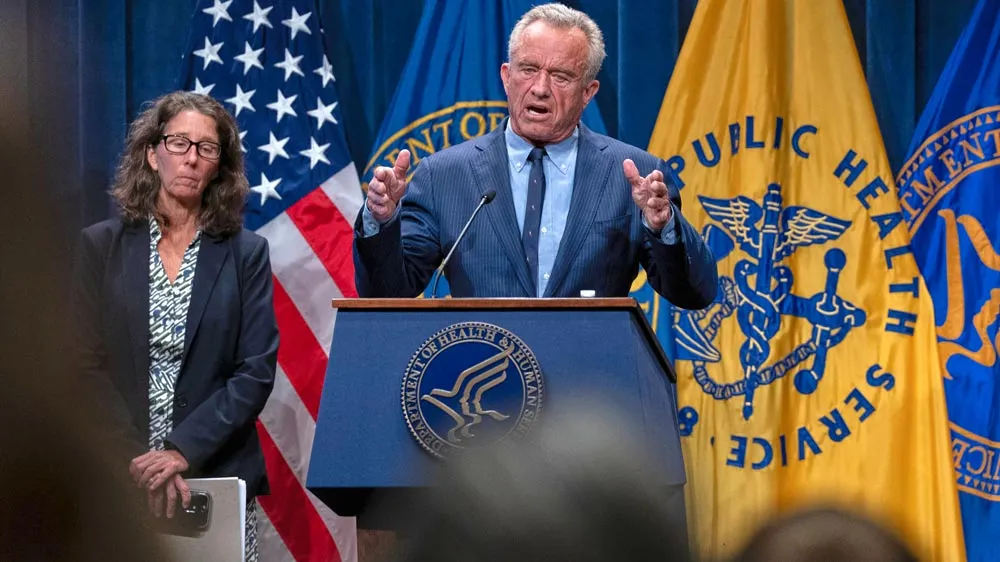October 18, 2011
Wash. Releases Names on Anti-Equality Petition
Kilian Melloy READ TIME: 2 MIN.
Washington state officials on Monday released copies of signature petitions that forced a vote on a 2009 domestic partnership law, disclosing the names of signers after a judge rejected arguments that supporters could be harassed.
The Washington State Archives provided a DVD to The Associated Press showing the 138,000 signatures for Referendum 71. The release came despite an attorney's vow to appeal the ruling and seek temporary protection from the disclosure of names.
Gary Randall, a spokesman for the group Protect Marriage Washington, said he thought it was terrible that the state released the names.
"I believe there will certainly be harassment, and I pray to God there isn't more than that," he said.
Referendum 71 asked voters to approve or reject a domestic partnership law approved by lawmakers and signed by the state's Democratic governor. The law granted registered domestic partners additional state rights previously given only to married couples.
It was scheduled to go into effect in July 2009, but the referendum campaign sponsored by conservative Christian groups put it on hold. Voters that November approved it with 53 percent of the vote - the first time any state's voters have approved a gay equality measure at the ballot box.
Conservative Christian groups wanted to keep the signed petitions out of public view because they feared harassment from gay-rights supporters, some of whom have vowed to post the names of petition signers on the Internet.
But U.S. District Judge Benjamin Settle said in his ruling Monday morning that petitioners who advocated for privacy provided only a few experiences of indecent statements and other uncomfortable conversations. Also, there was only speculation that those incidents were connected to the issue, he said.
If just a few instances of harassment were used as the standard for preventing the release of names, then disclosure would become the exception, rather than the rule, Settle said.
Attorneys for the state and open government advocates had argued that disclosure was necessary to ensure there wasn't fraud.
"Had the Court agreed that these ballot measure petitions could be kept secret because the referendum's sponsors were bothered by some who voiced opposition to their point of view, it would have set a terrible precedent for future elections." said Anne Levinson, chairwoman of the Washington Families Standing Together, which led the campaign to protect the domestic partnership law.
James Bopp, Jr., an attorney pushing to keep the names private, had said he wanted the names kept private while his group appeals the decision.
"I think the court adopted an impossible standard for anyone to ever meet to protect themselves from an organized campaign of harassment," Bopp said.
The U.S. Supreme Court ruled last year that release of the signatures does not violate constitutional rights, but the justices allowed advocates to prove that the release would put signers in danger. One of the signature gatherers testified that he received an angry text message from his brother and received obscene or profane gestures from passing cars.
Full-fledged gay marriage is still not allowed under Washington law.
Kilian Melloy serves as EDGE Media Network's Associate Arts Editor and Staff Contributor. His professional memberships include the National Lesbian & Gay Journalists Association, the Boston Online Film Critics Association, The Gay and Lesbian Entertainment Critics Association, and the Boston Theater Critics Association's Elliot Norton Awards Committee.


